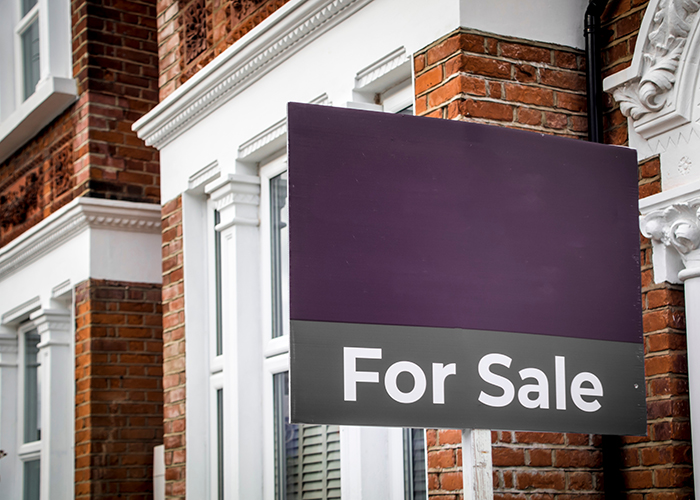
Average UK house prices fell by 0.3% in July but the residential market remains resilient with first-time buyer activity holding up, according to the latest Halifax House Price Index.
The monthly decline is equivalent to around £1,000 cash and marks the fourth consecutive month the report has recorded a price drop.
House prices also fell on an annual basis, dropping 2.4% in the year to July. However, the decline was less significant than the 2.6% drop recorded in the year to June.
Experts believe that the market is proving its resilience with data showing increased activity.
The average UK house price currently at £285,044, compared to the peak of £293,992 last August.
Halifax Mortgages director Kim Kinnaird says: “In reality, prices are little changed over the last six months, with the typical property now costing £285,044, compared to £285,660 in February. The pace of annual decline also slowed to -2.4% in July, versus -2.6% in June. These figures add to the sense of a housing market which continues to display a degree of resilience in the face of tough economic headwinds.
“In particular, we’re seeing activity amongst first-time buyers hold up relatively well, with indications some are now searching for smaller homes, to offset higher borrowing costs. Conversely the buy-to-let sector appears to be under some pressure, though elevated interest rates are just one factor impacting landlords’ business models, together with considerations of future rental market reforms. It remains to be seen how many may choose to exit and what that could mean for the supply of properties available to buy.
Kinnaird says the decline in house prices is expected to continue this year but will remain higher than pre-Covid levels.
“Prospects for the UK housing market remain closely linked to the performance of the wider economy. Several factors are providing support, notably strong wage growth, running at around +7% annually. And, while the uptick in unemployment is likely to restrain that somewhat, it seems unlikely to reach levels that would trigger a sharp deterioration in conditions.
“Expectations of further Base Rate increases from the Bank of England were tempered by a better-than-expected inflation report for June. However, while there have been recent signs of borrowing costs stabilising or even falling, they will likely remain much higher than homeowners have become used to over the last decade.
“The continued affordability squeeze will mean constrained market activity persists, and we expect house prices to continue to fall into next year. Based on our current economic assumptions, we anticipate that being a gradual rather than a precipitous decline. And one that is unlikely to fully reverse the house price growth recorded over recent years, with average property prices still some £45,000 (+19%) above pre-Covid levels.”
Together head of personal finance intermediary sales James Briggs says: “House prices may have continued a downward trajectory, however, affordability is still putting pressure on existing homeowners. Those with recently expired fixed rates are now being forced to reconsider perhaps less desirable strategies to balance their household expenditure, including downsizing sooner than hoped.
“Over the past two weeks there has also been a downward trend of fixed rate residential mortgage rates as the swap market pricing has cooled, making these more accessible compared with recent months. This change coupled with a downsizing appetite will increase competition for sub £300k properties and first-time buyers looking to enter the market in the near future.
“And yet, there is still caution around further rate rises, which is fueling hesitation among potential buyers. The time to market properties is being dragged out past expectation, which in turn is driving vendors to accept much lower offers, further impacting on comparable values for mortgage purposes.”
Shaw Financial Services founder Lewis Shaw agrees that FTBs are returning to the market.
“Reflecting what the Halifax have said, we’ve seen more first-time buyers in the past two weeks than in the previous two months,” says Shaw.
“This segment of the market is proving especially resilient. With the sell-off in the buy-to-let market in full swing, combined with an increase in more property for sale generally, aspiring homeowners can smell blood.
“First-time buyers are in an incredibly strong position, and it’s not uncommon to see them agreeing on purchases at 10% to 15% below the marketed price. It must be hard going for estate agents trying to manage vendor expectations. However, this is a sign of the times, and those sellers that don’t take a fair offer now could find they’re much more out of pocket in a month or two.”



